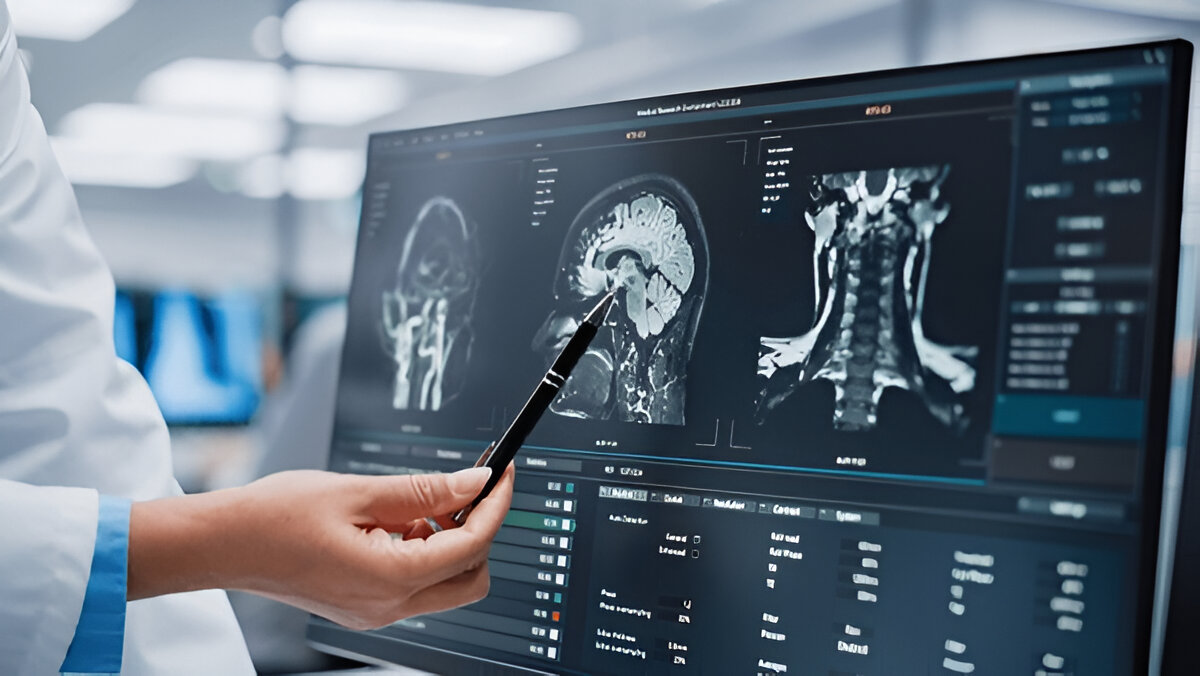Introduction
We all want a sharp mind and strong memory, yet daily stress and fast lifestyles often weaken brain health. However, natural steps can make a huge difference. With steady habits, we can improve focus, reduce memory loss, and build resilience against age-related decline. When we follow proven methods, our brains can work better every day.
Therefore, this blog shares 10 practical tips from a neurology doctor Merion Station that are simple and effective. These strategies fit into everyday life without pressure. Each tip helps us stay mentally strong, alert, and energized. We can boost mood, protect memory, and lower stress with gentle changes.
Let’s explore how small actions today can build lasting brain wellness tomorrow.
Eat Foods That Feed the Brain with Guidance from a Neurology Doctor
Nutrition shapes brain health every day. When we eat balanced meals, we provide our brains with steady energy.
Fact: Omega-3 fats support memory and reduce inflammation.
Therefore, try to add these brain-friendly foods:
- Salmon, tuna, and mackerel
- Blueberries, strawberries, and blackberries
- Nuts and seeds such as almonds and flaxseeds
- Dark leafy greens like spinach and kale
Since healthy meals protect cells, we should eat colorful foods. Also, staying hydrated supports attention and learning. Thus, water matters as much as food.
Move the Body to Train the Brain
Exercise benefits more than muscles; it powers brain activity too.
When we move, blood flow improves, and oxygen reaches the brain. Because of that, nerve cells grow and stay active. Simple steps like walking, dancing, or biking can sharpen focus.
For example, 30 minutes of movement five days a week boosts learning. Even light stretches can calm stress and enhance clarity. Since exercise also lifts mood, it reduces anxiety and supports peaceful sleep.
Therefore, when we move our bodies, our brains give us sharper thinking. Guided by a neurology doctor Merion Station, we can choose safe workouts that suit age and energy.
Sleep Deep, Think Clear
Sleep repairs the brain. Without it, memory and mood suffer.
Studies show that 7–9 hours of rest improves problem-solving. Since sleep clears waste from the brain, it prevents fog and confusion, and short naps can also refresh energy.
To rest better, try these habits:
- Keep a fixed bedtime
- Avoid screens an hour before sleep
- Create a cool, dark room
- Use calming breathing before bed
Because deep sleep restores focus, it becomes vital for daily life. With steady routines, we wake up alert and energized. For lasting balance, a neurologist may guide us with sleep-friendly tips.
Manage Stress Before It Controls Us
Stress damages brain health when left unchecked. Chronic worry can shrink memory centers in the brain.
Therefore, stress management protects our minds. Meditation, prayer, or gentle yoga can calm nerves. Since laughter reduces stress hormones, spending time with loved ones works as healing.
Simple practices include:
- Deep breathing for 5 minutes
- Taking short nature walks
- Writing daily gratitude notes
Because stress relief lowers tension, we feel lighter and think clearly. Over time, stress control builds stronger brain resilience. With support from a neurology doctor Merion Station, stress management can become part of medical care.
Train the Brain with Mental Games
Mental exercise keeps the brain sharp. When we learn, we form new pathways.
Fact: Brain games lower dementia risk by up to 29%.
We can enjoy simple activities such as:
- Crossword puzzles
- Sudoku games
- Learning a new language
- Playing a musical instrument
Since mental challenges push the brain, they strengthen focus and recall. Reading books and writing notes also fuel growth.
Therefore, learning does not end in school; it continues through life. With help from a neurologist Merion Station, we can find safe mental exercises for any stage of life.
Build Strong Social Connections
Friendship feeds the brain as much as food. Social bonds lower the risk of memory loss.
When we laugh, talk, and share, stress drops and joy rises. Therefore, regular conversations protect thinking skills. Simple chats can reduce loneliness, which often harms brain health.
Ways to connect include:
- Joining community groups
- Volunteering for causes
- Calling family and friends weekly
- Joining online interest clubs
Because people give energy and purpose, building relationships helps memory stay strong. With guidance from a neurology doctor Merion Station, social activity may become part of healing plans.
Protect the Brain from Injury
Brain injuries can change a life in seconds. Falls, accidents, and sports can harm cells.
Therefore, prevention is key. Wearing helmets while biking and using seat belts in cars protects us. Since balance weakens with age, safe home spaces reduce falls. Removing clutter, adding grab bars, and using night lights are simple steps.
Because injuries strain memory and mood, they must be taken seriously. Protecting the brain means protecting independence. Thus, daily safety becomes a form of brain care.
Visit Experts for Lasting Guidance
Natural care works best with expert support. When we visit doctors, we gain tools to manage risks.
A neurology doctor provides tests, guides safe treatment, and shares lifestyle advice. Regular check-ups catch concerns early. Since early care prevents bigger problems, visits should not be delayed.
Working with experts ensures personalized care. A neurologist Merion Station understands unique challenges and designs lasting plans.
Therefore, expert visits combine natural care with medical science. Both approaches protect memory, mood, and focus for years ahead.
Start Your Brain Care Today
Our brain deserves daily care, and simple steps can make lasting change. When we eat well, move more, sleep better, and manage stress, we give our brain the best chance to stay strong. Yet, guidance matters. Therefore, let’s take the next step together. Reach out today to schedule expert support with David Tabby, D.O. | Bala Neurology and explore natural ways to protect memory and focus. A healthier brain starts now—our future self will thank us.



